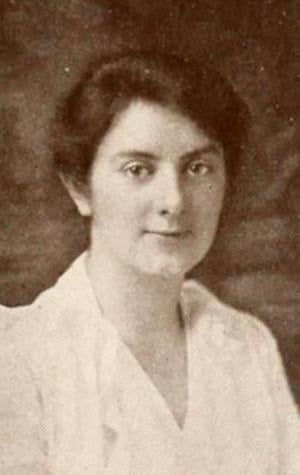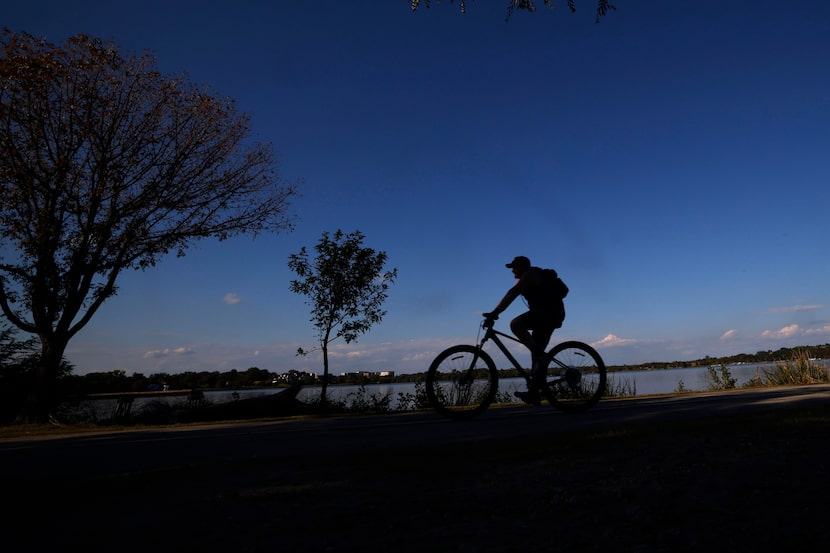BREAKING: New research has just uncovered the remarkable contributions of Elisabeth Bristol, who played a pivotal role in documenting the historic folk songs of Newfoundland. The urgency of her work, which began in the early 20th century, is now gaining attention as scholars and music enthusiasts alike recognize its cultural significance.
Elisabeth Bristol, born on August 22, 1895, in the Bronx, New York, graduated from Vassar College in 1917. In 1920, she took a bold step into the unknown by volunteering with the Dr. Wilfred Grenfell Mission in rural Newfoundland. This opportunity not only changed her life but also preserved the musical heritage of a remote community.
The mission initiated a summer school near Bonne Bay, where Bristol became captivated by the local music scene. By 1929, she teamed up with musicologist Grace Yarrow Mansfield on a folklore expedition, leading to the groundbreaking publication of “Ballads and Sea Songs of Newfoundland” through Harvard University Press in 1933. This collection features 189 unique pieces, including tragic ballads and lively dance songs, many of which had never been documented before.
The urgency of Bristol’s work cannot be overstated. Many songs, like “The Squire’s Young Daughter” and “The Lass that Loved A Sailor,” reflect the English and Irish influences that shaped Newfoundland’s cultural identity. Without Bristol and Mansfield’s efforts, these vital pieces of history might have been lost forever.
In their book’s acknowledgment, the duo expressed gratitude to the locals, stating, “We are indebted to the men, women and children of Newfoundland who in such friendly and patient fashion sang us their songs and showed us their dances.” This heartfelt tribute underscores the collaborative nature of their research and highlights the community’s role in preserving their own heritage.
Despite her academic achievements, Bristol remained deeply connected to her roots. She married biology professor William Eben Greenleaf on October 20, 1921, and spent summers in the quaint village of Avondale. Her passion for Newfoundland’s culture continued as she lectured extensively on her experiences. Notably, she captivated audiences at the Westerly Historical Society, performing songs and sharing stories that illustrated the lives of Newfoundland’s isolated residents.
Elisabeth also made an impact on young learners. In the fall of 1933, she delivered a lecture titled “Teaching and Learning in Newfoundland” at the Broad Street School, showcasing her dedication to education and cultural exchange. Dressed in authentic Newfoundland attire, she performed songs, enriching the community’s understanding of its cultural roots.
Throughout her life, Bristol opened her home to musicians, including famed folk artist Pete Seeger, who sought to learn Newfoundland sea ballads. Her commitment to preserving and sharing this rich musical legacy left a lasting mark on both local and global audiences.
Elisabeth Bristol passed away in February 1980 in Westerly, Rhode Island, leaving behind a treasure trove of cultural history. She was laid to rest alongside her husband at Ledyard Center Cemetery in Connecticut.
As new generations delve into Bristol’s work, the importance of preserving traditional music has never been more relevant. Scholars, musicians, and cultural advocates are now rallying to ensure that the rich tapestry of Newfoundland’s songs continues to be celebrated, reminding us of the profound impact one individual can have on cultural heritage.
Stay tuned for more updates as the legacy of Elisabeth Bristol continues to inspire and resonate with audiences worldwide.






